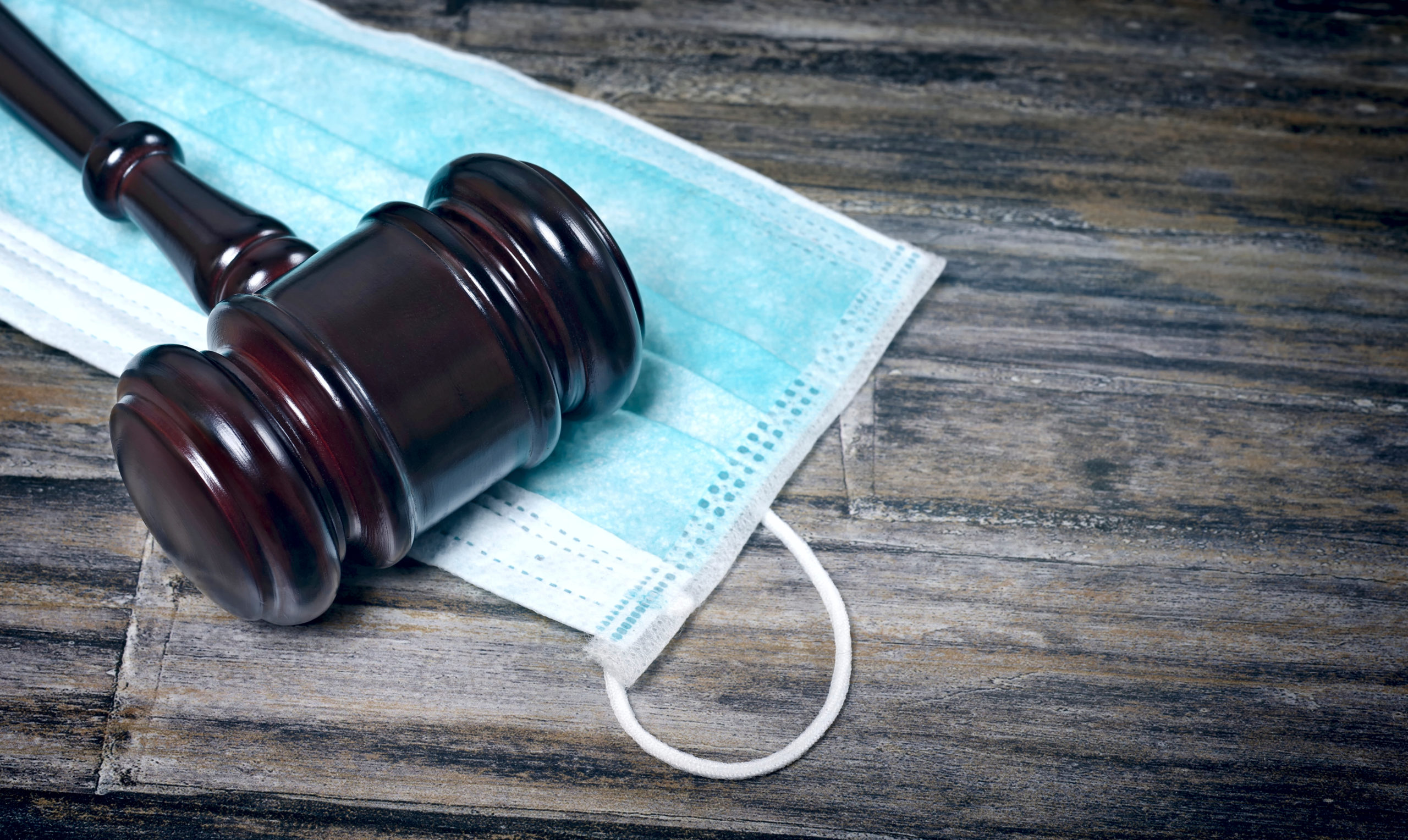We May Not ‘Own’ Our Bodies. Should We?
The property law approach to ownership does not draw hard lines with respect to biological materials like tissue.
We May Not ‘Own’ Our Bodies. Should We?

The Principles set forth a human rights-based solidarity approach to limit the harmful effects of serious health crises.
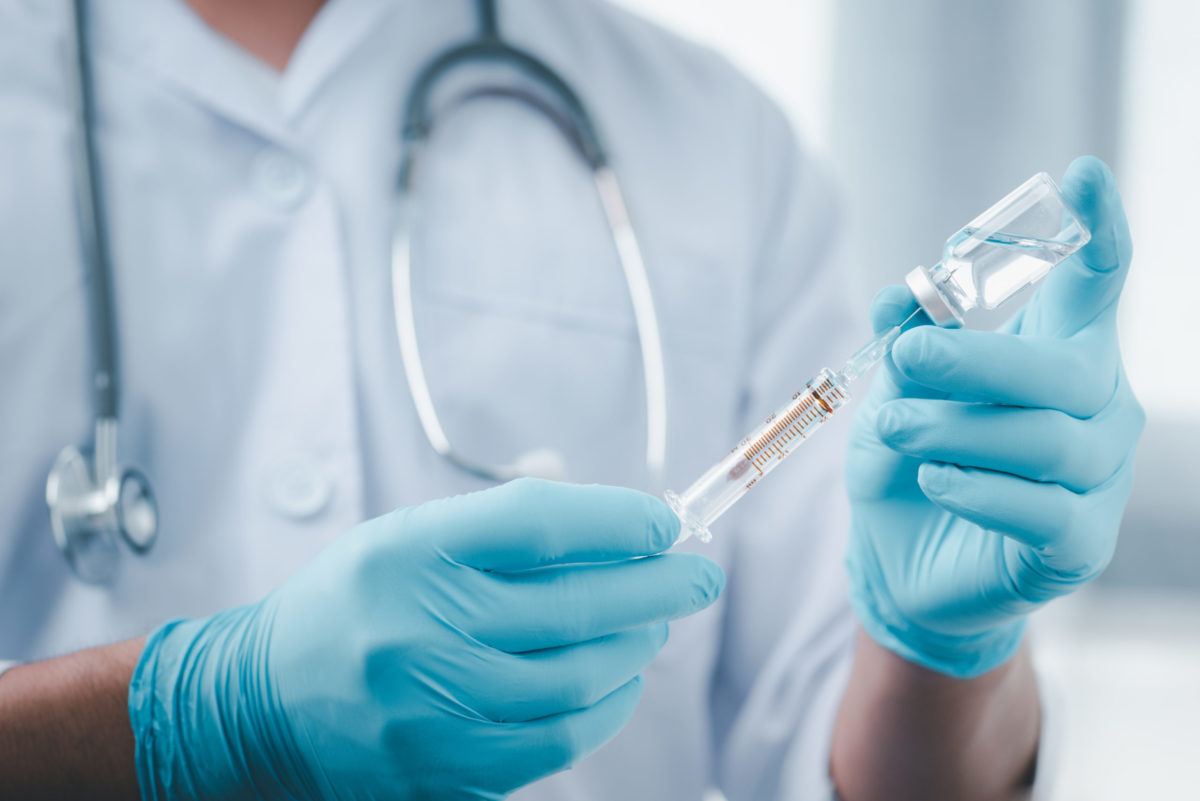
A combination of high demand and a patent monopoly has created a perfect storm of profitability for Janssen’s Spravato.
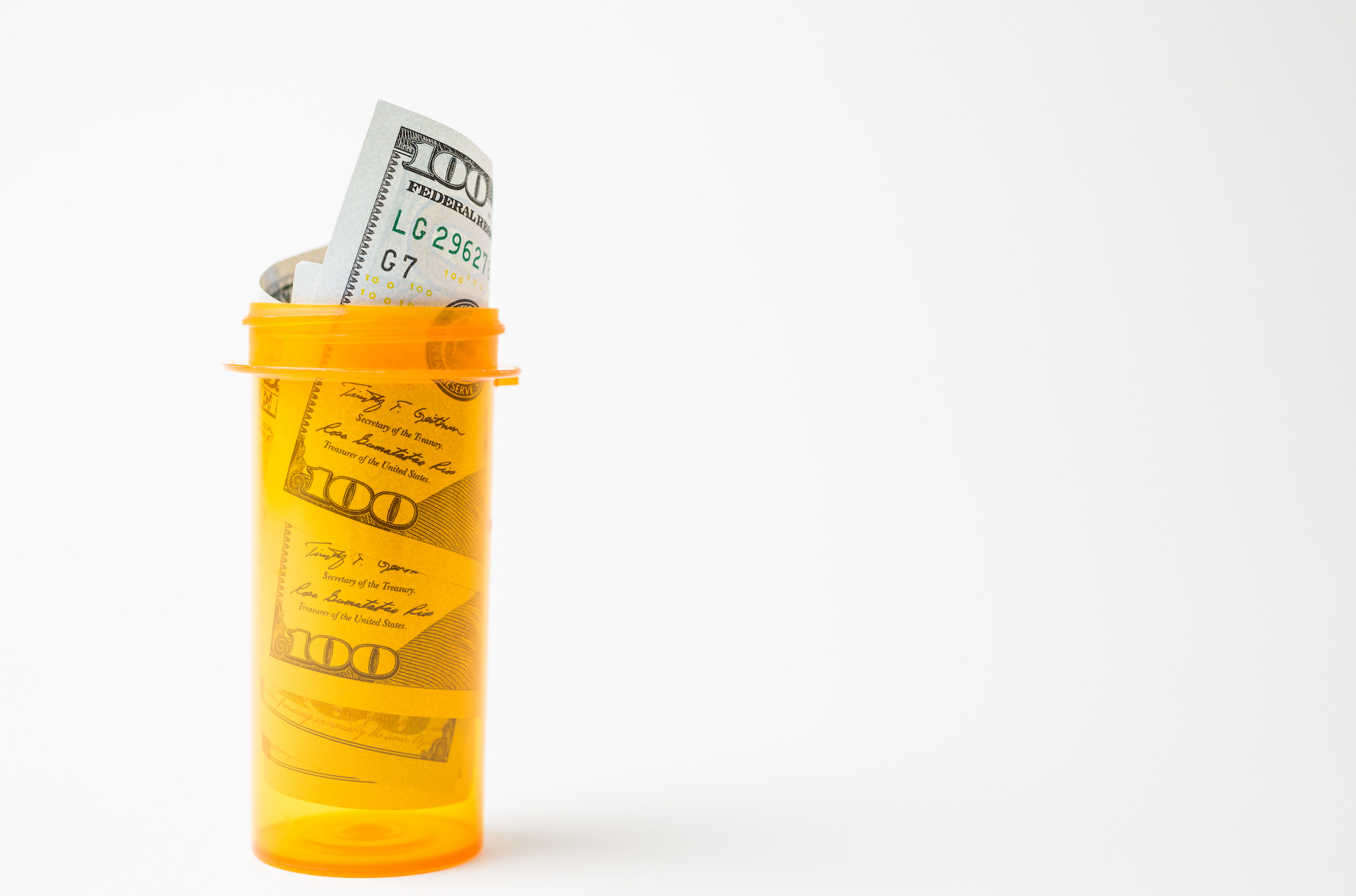
If we are to secure a place for children’s rights in future public health emergencies, a more deliberate and detailed discussion will be needed.

One of the most prevalent forms of gender-based violence — obstetric violence — has not been sufficiently addressed by health practitioners.
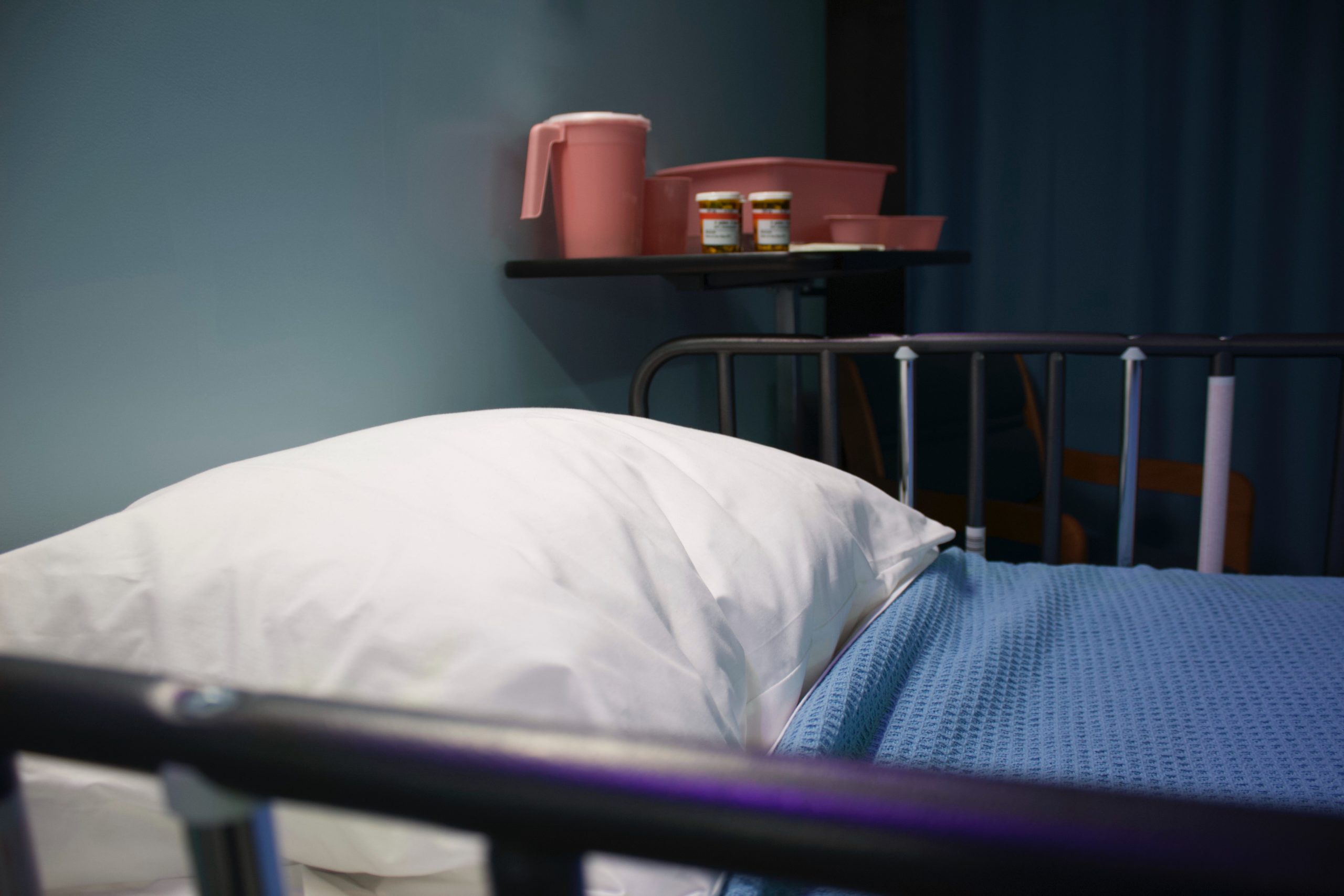
The Malawian courts largely have embraced the human rights obligations within the context of public health emergencies detailed in the Principles.
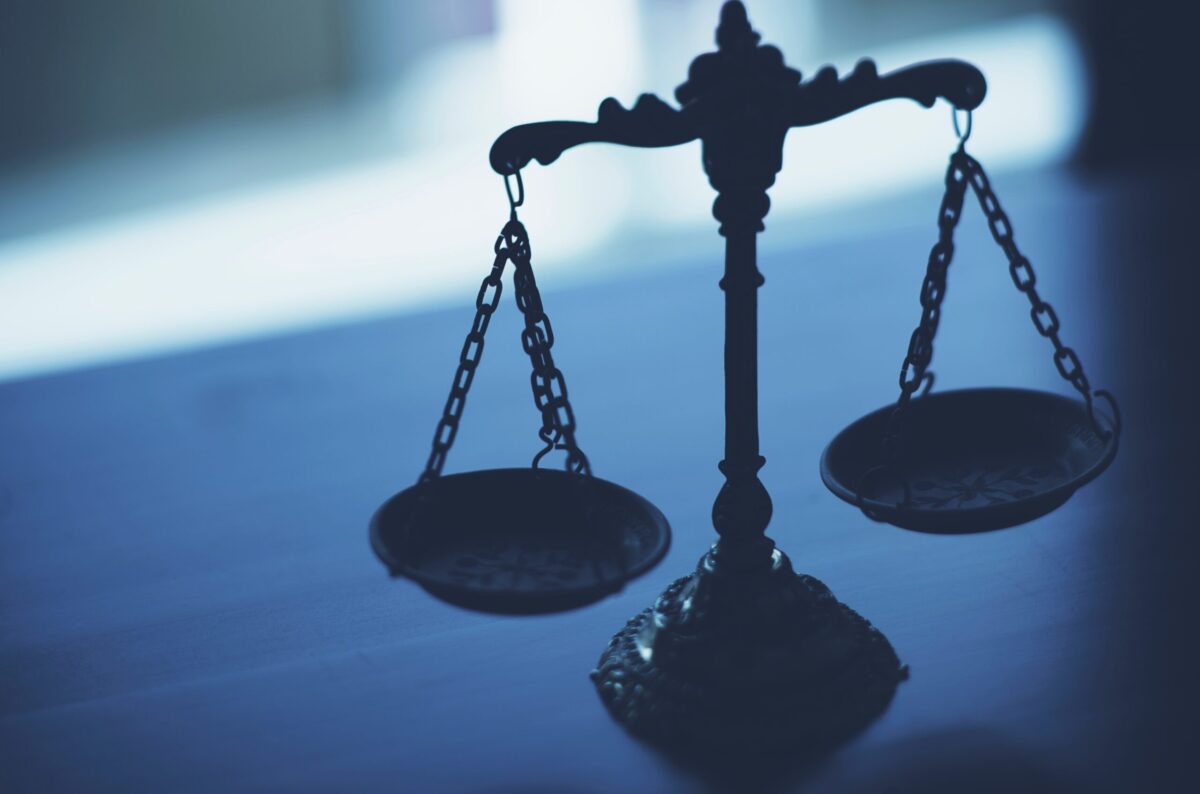
Recent news reports suggest that “a significant number” of girls expelled due to pregnancy have not returned to school.
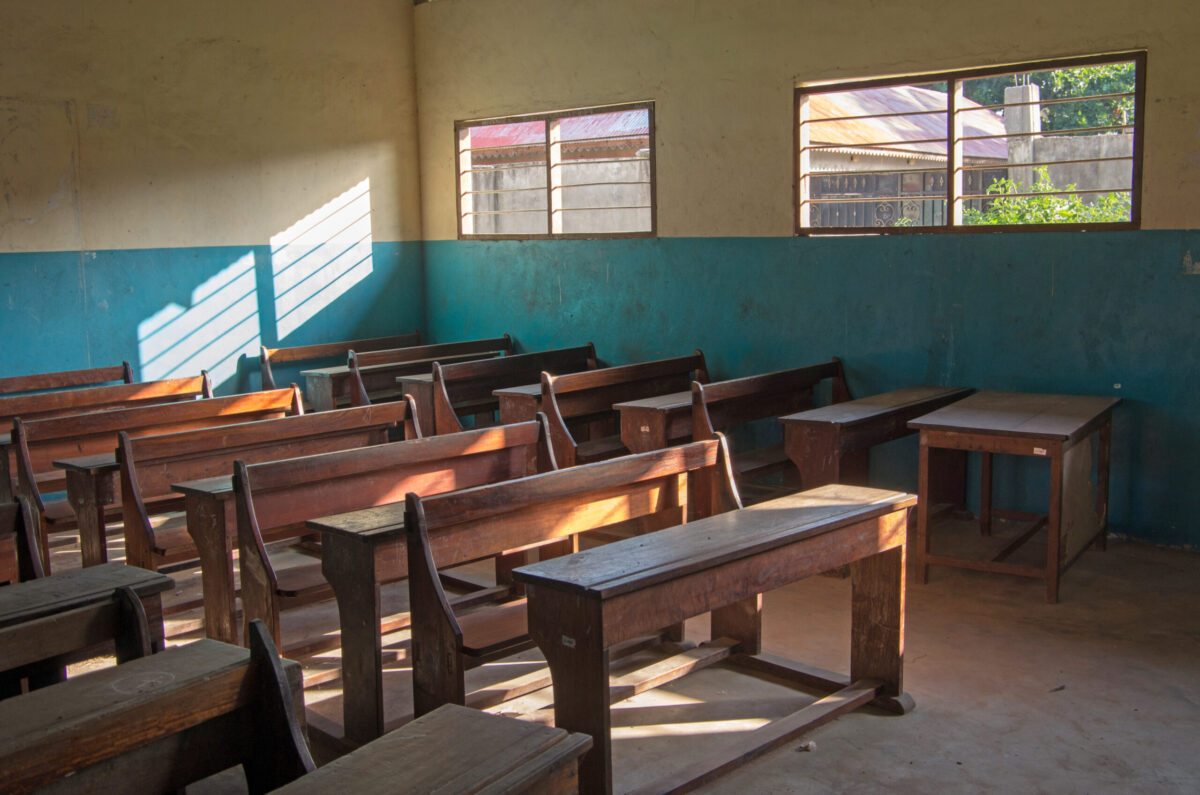
Biden’s Executive Order on artificial intelligence is an important development for health care practitioners, researchers, and legal experts.
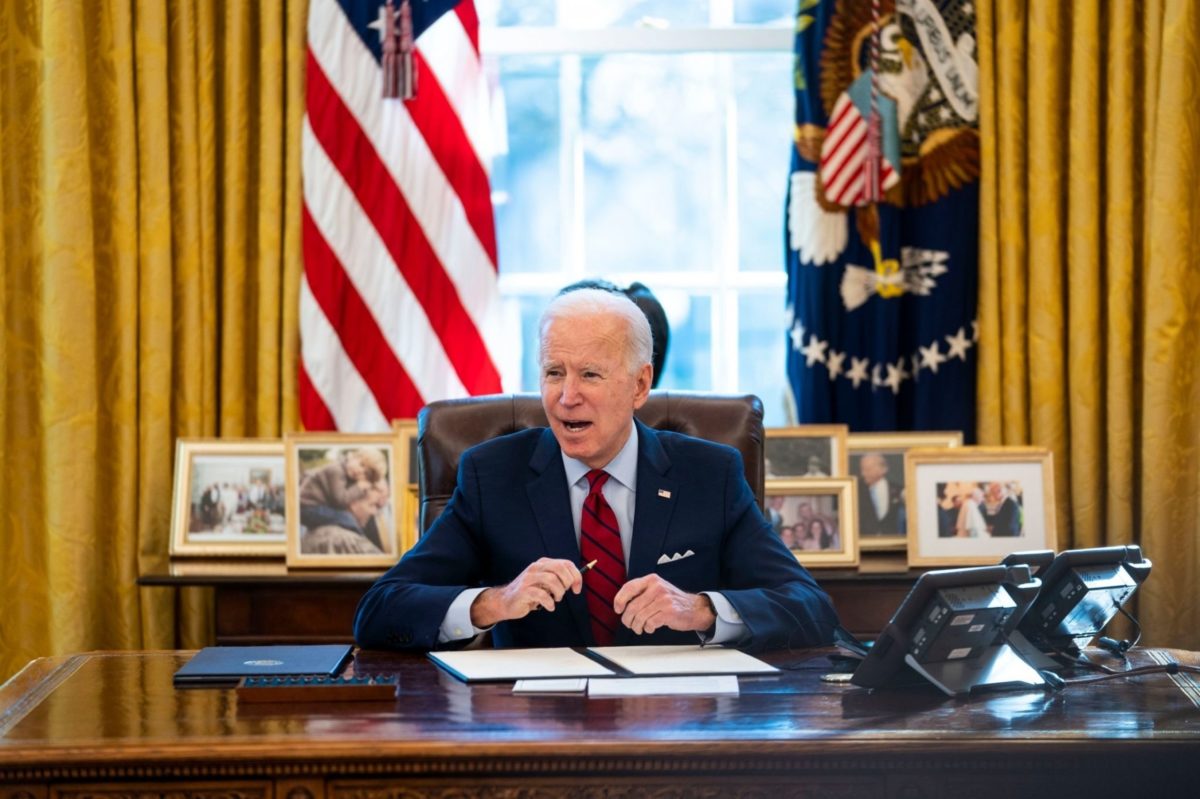
A brief analysis of the Principles and Guidelines on Human Rights and Public Health Emergencies and a case for their utility.
